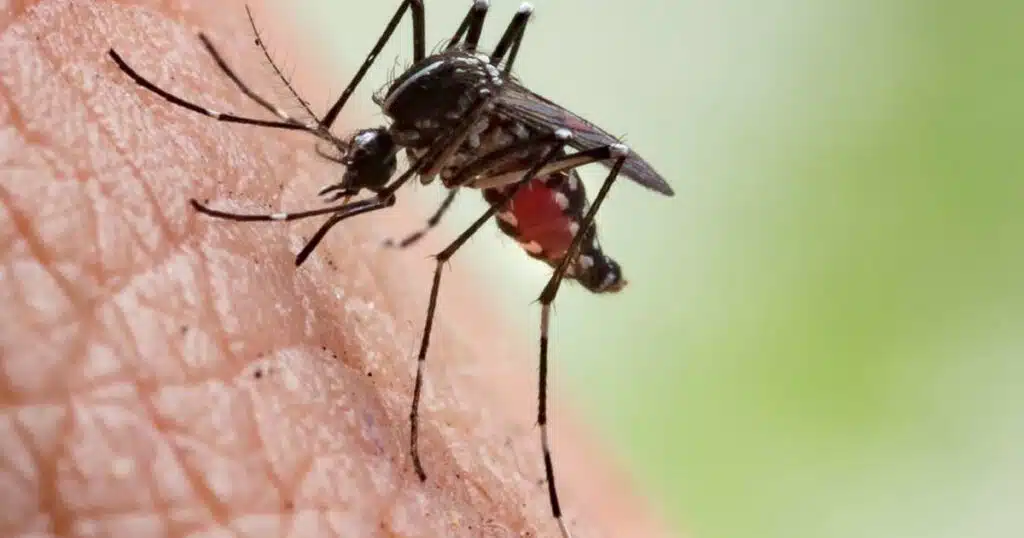
Are You A ‘Mosquito Magnet?’ Blame Chemical Reactions In Your Skin
It feels impossible sometimes to hide from a female mosquito — she will hunt down any member of the human species until she gets what she wants, a taste of their blood.
But some poor souls seem to be distinct “mosquito magnets” who suffer more than their fair share of bites.
Blood type, blood sugar levels, consuming garlic or bananas, being a woman or being a child are all popular theories for why mosquitoes might be overly attracted to certain individuals, but there is little credible data to prove any of those ideas, according to Leslie Vosshall, head of the Laboratory of Neurogenetics and Behavior at The Rockefeller University in New York City.
As such, Vosshall and Maria Elena De Obaldia, a former post-doctorate researcher in Vosshall’s lab, set out to study the leading theory behind mosquito appeal: odor variations connected to microorganisms in one’s skin.
The duo found that fatty acids emanating from the skin appear to create an aroma mosquitoes generally find irresistible. The research team published their results in the journal Cell.
“There’s a very, very strong association between having large quantities of these fatty acids on your skin and being a mosquito magnet,” said Vosshall, the Robin Chemers Neustein Professor at The Rockefeller University and Chief Scientific Officer of the Howard Hughes Medical Institute.
During the three-year study, eight participants were asked to wear nylon stockings over their forearms for six hours a day. They repeated the process on multiple days and through the duration of the investigation. The researchers tested the nylons against each other in all possible pairings using a round-robin type of approach.
For the experiments, the team employed a two-choice plexiglass chamber that was divided into two tubes, each ending in a box that held a stocking.
The researchers placed Aedes Aegypti mosquitoes — the primary vector species for Zika, dengue, yellow fever, and chikungunya — in the chamber and observed as the insects flew down the tubes towards one nylon or the other.
The sample nylons tested in the trials were not identified, so the experimenters did not know which participant had worn which stocking.
The study team sorted the participants into high and low attractors and then determined what differentiated them. They used chemical analysis to identify 50 molecular compounds that were elevated in the sebum, a moisturizing barrier on the skin, of the participants who attracted the most mosquitoes — and they found mosquito magnets produced carboxylic acids, substances found in the sebum that produce specific human body odors when they interact with bacteria on the skin, at much higher levels than the less-attractive volunteers.
To confirm their findings, Vosshall’s team enrolled another 56 people for a validation study, which produced the same results.
“Some subjects were in the study for several years, and we saw that if they were a mosquito magnet, they remained a mosquito magnet,” said De Obaldia. “Many things could have changed about the subject or their behaviors over that time, but this was a very stable property of the person.”



